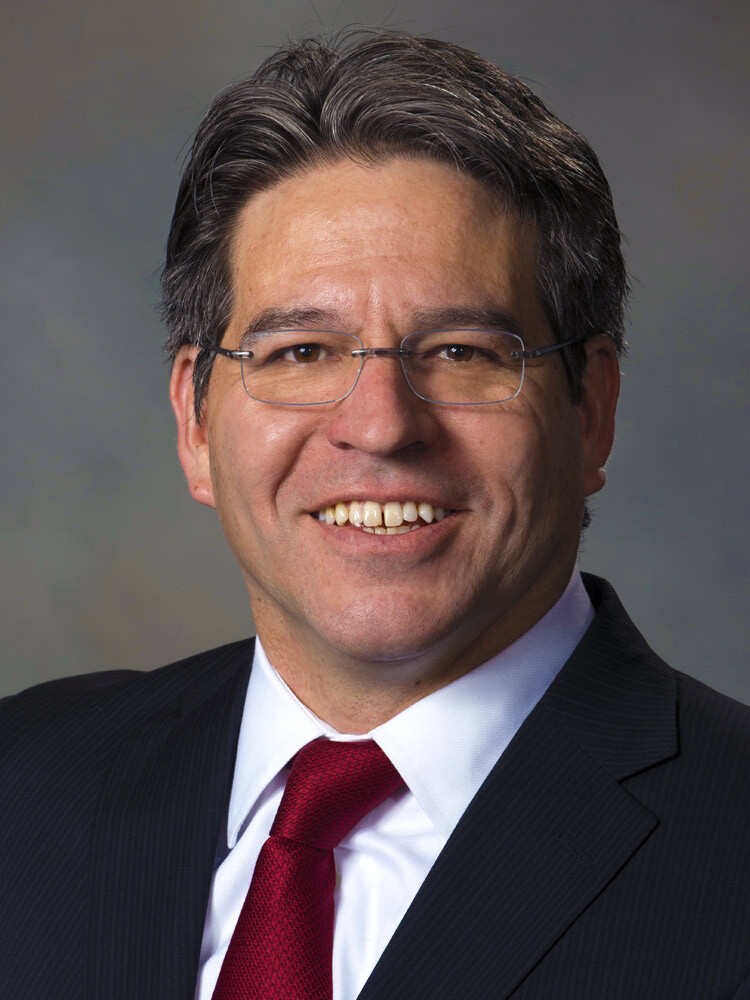
The University of Nebraska-Lincoln has joined the Center for the Integration of Research, Teaching and Learning Network, a consortium of more than 46 institutions, including six other Big Ten institutions, that promote proven teaching and mentoring techniques for graduate students in science, technology, engineering and mathematics fields.
“It is an honor to welcome such a distinguished institution as the University of Nebraska–Lincoln to our network,” said Robert Mathieu, director of CIRTL. “We are excited UNL is joining with other top research universities dedicated to strengthening the teaching skills of our nation’s future STEM faculty.”
Lance C. Pérez, associate vice chancellor for academic affairs and dean of graduate studies at UNL, said joining this one-of-a-kind national learning community will enhance the educational experience of many of the university’s graduate students.
Established in 2006, with support from the National Science Foundation, CIRTL seeks to improve teaching skills and increase the diversity of future university faculty in the STEM fields. The network stresses the use of successful, evidence-based strategies proven to improve student learning outcomes and to help STEM students from all backgrounds succeed and complete their degrees.
In addition to building local learning communities at Nebraska and other member universities, CIRTL emphasizes the importance of developing national connections through network exchanges and virtual courses.
“We are connecting the university learning communities online, so graduate students have a far more diverse experience in higher education than just their own campus,” Mathieu said. “A student at Nebraska can also be learning about teaching from another student or professor at Howard University, for instance.”
Pérez said the CIRTL learning communities “effectively impact the next generation of STEM faculty members while they are in graduate school,” helping create a more skilled and more diverse STEM faculty and workforce.
As a new member, Nebraska will continue to develop its own programs built on CIRTL’s core ideas: teaching-as-research; learning communities; and learning through diversity.
The university’s new CIRTL learning community will offer its own schedule of courses, programs, events, internships and resources. In addition, it will collaborate on cross-network projects with CIRTL partners and participate in national offerings.
Faculty interested in offering courses, programs, or events through CIRTL should contact Neal Bryan, the CITRL institutional leader, at nbryan2@unl.edu.
Pérez said joining the CIRTL Network is part of the university’s continued efforts to design and deliver effective programs that add value to the academic experience and professional development of graduate students.
A dedicated CIRTL website is in development, and graduate studies will officially kick-off CIRTL activities in the fall with a workshop for graduate students and a lunch for graduate chairs.
The project is operated within the Wisconsin Center for Education Research in the University of Wisconsin’s School of Education. It is supported by the National Science Foundation, Great Lakes Higher Education Corporation and affiliates, and the Alfred P. Sloan Foundation.








